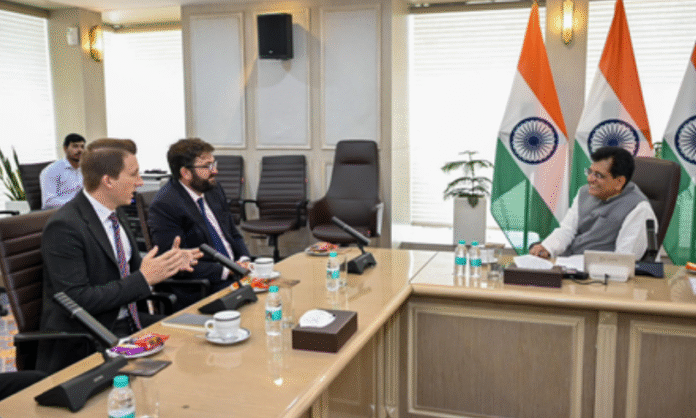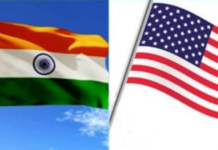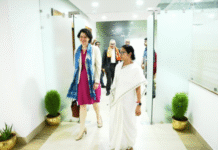New Delhi— Elon Musk’s satellite internet venture, Starlink, has officially received a satellite communication (satcom) license from the Department of Telecommunications (DoT), positioning the company to launch commercial services in India as early as late 2025 or early 2026.
According to sources familiar with the development, the DoT has granted Starlink a Global Mobile Personal Communication by Satellite (GMPCS) license, making it the third company—after Eutelsat’s OneWeb and Jio-SES—to be authorized for satcom services in the country.
The DoT is also expected to allocate trial spectrum to Starlink in the coming days, as the company has completed all required national security compliance protocols outlined in its letter of intent (LoI). Starlink’s next step is to secure approval from the Indian National Space Promotion and Authorization Center (IN-SPACe), for which it has already submitted the necessary documentation.
This regulatory milestone comes after Starlink agreed to adhere to the government’s revised security framework for satellite operators. The DoT had recently introduced 29 new conditions, including requirements for lawful interception, real-time monitoring capabilities, data localization, location tracking for user terminals, and the use of Indian data centers.
In April, Union Commerce and Industry Minister Piyush Goyal met with Starlink executives, including Vice President Chad Gibbs and Senior Director Ryan Goodnight, to discuss the company’s technology platform, partnerships, and future investment plans in India.
“Met a delegation from Starlink… Discussions covered Starlink’s cutting-edge technology platform, their existing partnerships and future investment plans in India,” Goyal wrote on X following the meeting.
The development comes amid growing interest in satellite internet services in India. Telecom giants such as Airtel and Vodafone Idea have reportedly been in discussions with Starlink to explore potential collaborations to deliver satellite-based connectivity, particularly in underserved and rural areas.
Union Telecom Minister Jyotiraditya Scindia has emphasized the need for satellite internet to bridge the digital divide in India’s remote regions—a goal Starlink aims to support through its low-cost, high-speed satellite broadband services. (Source: IANS)







